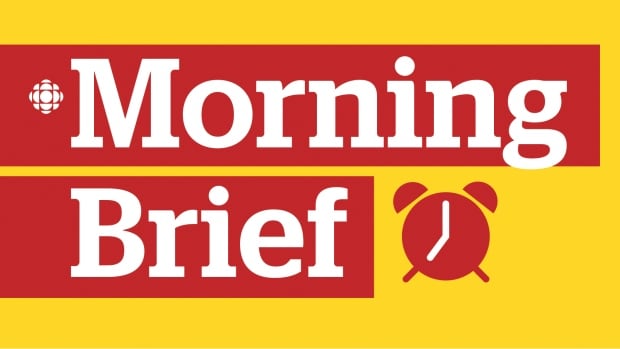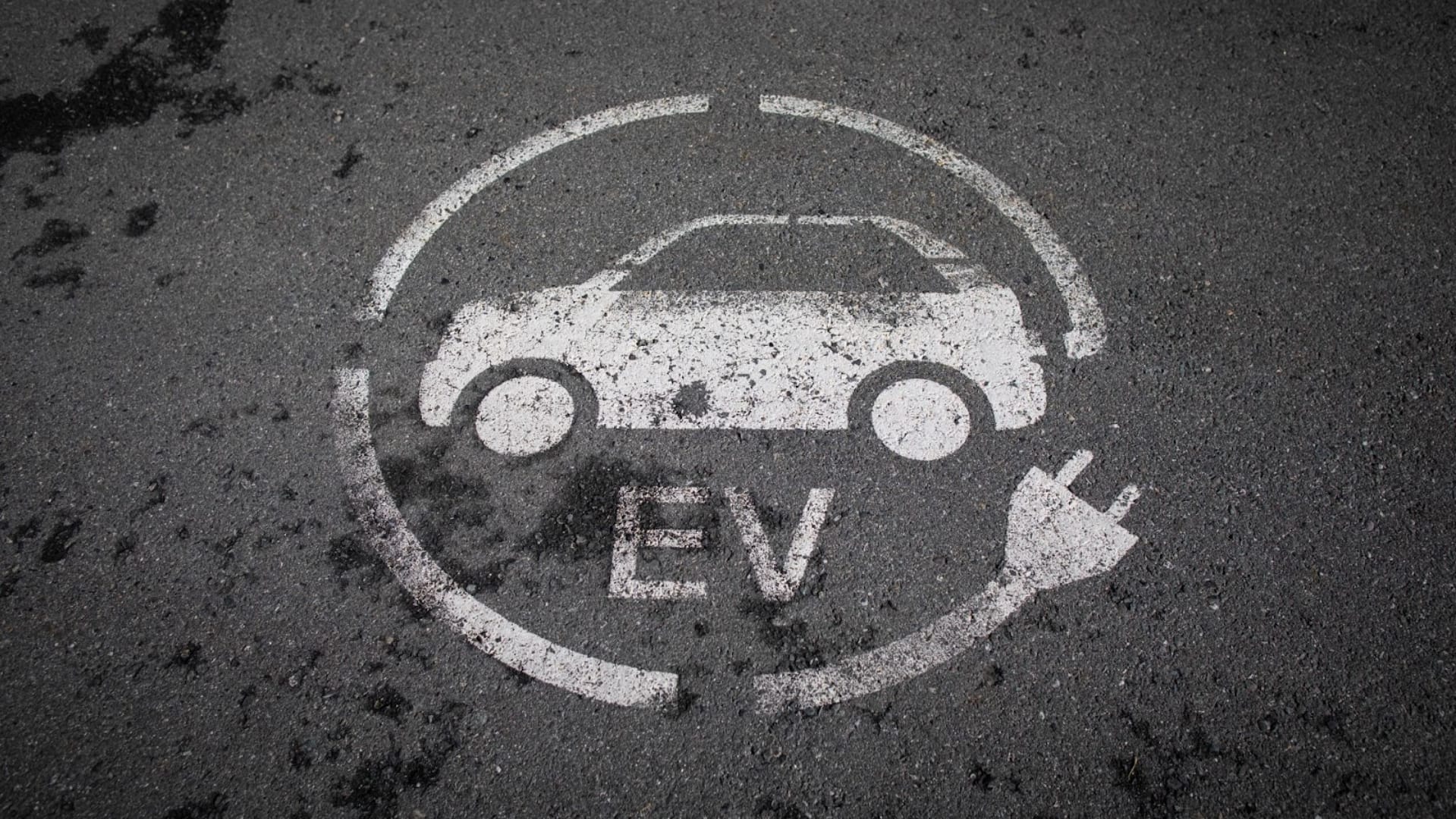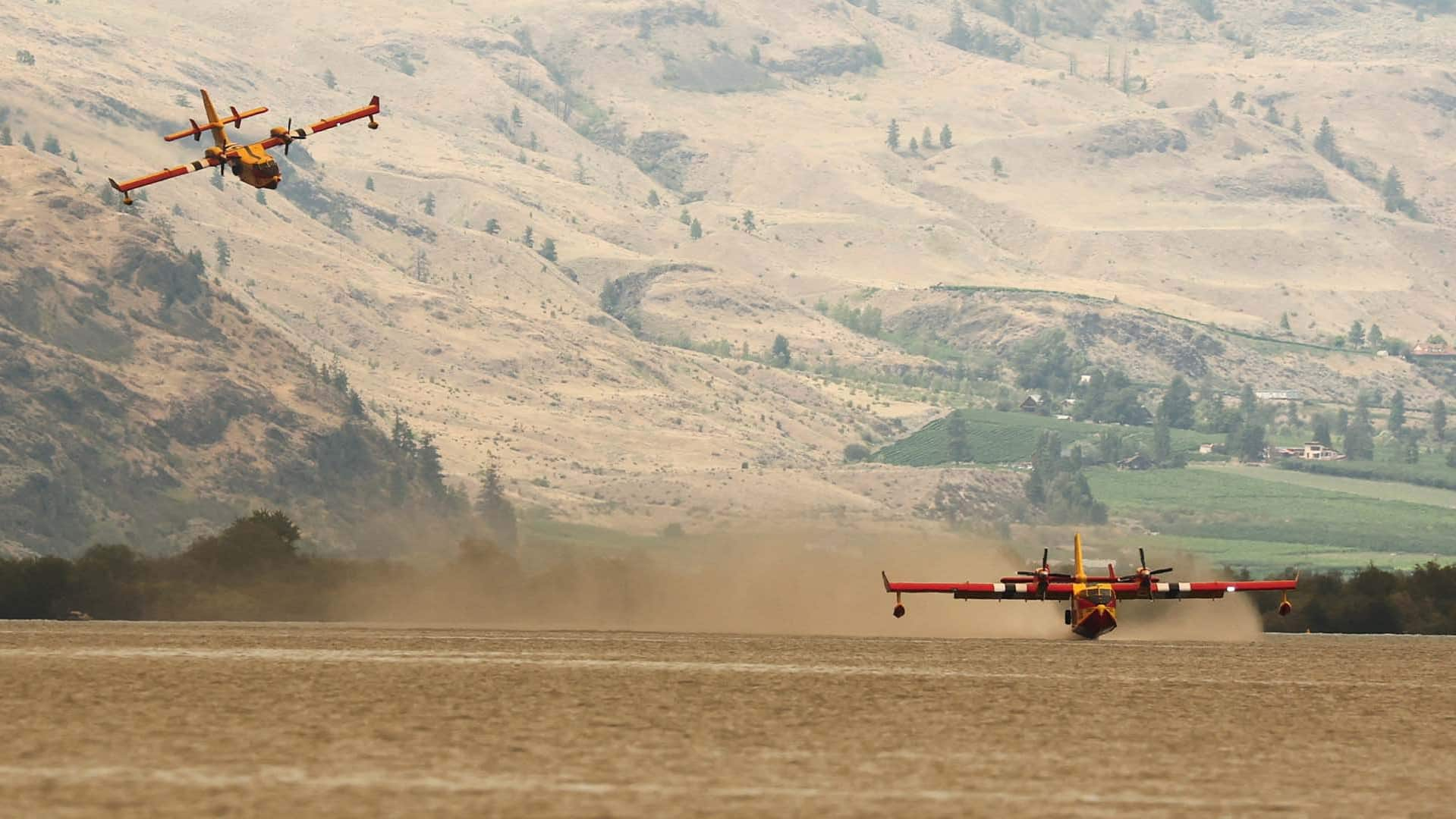
Good morning! This is our daily news roundup with everything you need to know in one concise read. Sign up here to get this delivered to your inbox every morning.
When it comes to EV chargers, Canada is way behind the U.S., analysis shows
Canada’s most populous provinces are falling behind many U.S. states when it comes to building fast charging stations for electric vehicles, a CBC News analysis shows, raising questions about whether this country’s infrastructure is ready for a transition to cleaner energy.
Quebec and B.C. fare the worst among Canada’s large provinces in terms of the number of publicly accessible fast charging stations compared to the number of electric vehicles on the road, according to CBC’s analysis of data from Transport Canada, Statistics Canada and the U.S. Department of Energy.
The four North American jurisdictions with the best ratio of EVs to charging stations are all in the U.S.
With more than 344,000 EVs, B.C. only has 924 charging stations, according to CBC’s analysis, meaning there are 0.27 fast chargers for each car.
Quebec fared even worse. With more than 450,000 EVs on the road, the province has less than 500 fast chargers, meaning there are 0.11 chargers for each car.
The data from those two provinces, however, is marked by the fact they simply have more EVs than many other jurisdictions, meaning the supply of chargers hasn’t caught up with demand for the vehicles.
Out of the Canadian provinces and territories, Yukon and Newfoundland and Labrador fare the best, with more than five and three fast charging stations per 100 cars respectively, though the absolute numbers for both are small.
Ontario, Canada’s most populous province, has 0.38 chargers per 100 EVs, while Alberta and Nova Scotia each had fewer than one per 100.
“We have a large and growing charging-infrastructure gap in Canada and if we have any hope of meeting the ambitious zero-emissions sales target from the federal government, we need to rapidly close that gap and roll out more public charging infrastructure,” Brian Kingston, president of the Canadian Vehicle Manufacturers’ Association, said in an interview.
By 2035, 100 per cent of new cars and light trucks sold in Canada must be zero-emissions vehicles, under federal rules. Experts say the number of charging stations will need to increase exponentially to meet that mandate. Read the full story here.
Making contact

(Saeed Khan/AFP/Getty Images)
American forward Sophia Smith heads the ball during her team’s Women’s World Cup match today against Portugal at Eden Park in Auckland, N.Z. The match ended in a scoreless draw, but that was enough to send the U.S. team on to the next round.
In brief
A fresh set of Health Canada regulations that will require warning labels on individual cigarettes is set to come into effect on Tuesday. The move, announced earlier this year, makes Canada the first country in the world to take that step in the ongoing effort to help smokers kick the habit and deter potential puffers from picking it up. The wording that will eventually be on every cigarette, written in English and French on the paper around the filter, ranges from warnings about harming children and damaging organs to causing impotence and leukemia. “Poison in every puff,” cautions one. Read more on the new warning labels on cigarettes.
More than 100 households in Newfoundland and Labrador have learned their well water contains dangerous levels of arsenic — and hundreds more across the province may be drinking the toxin without knowing it. The Department of Environment recently released the first batch of results from its free testing program for private wells it announced last year. Of just over 1,000 test results, the department reported 112 wells with arsenic levels above 10 parts per billion, the limit imposed by Health Canada. Anything over that amount places the drinker at risk of myriad diseases, including skin lesions, neurological problems and several cancers. Minister Bernard Davis told CBC News his department still has a few hundred tests left to give out. With around 40,000 private wells dotting outports across Newfoundland and Labrador, one Memorial University researcher says the program should expand. Read the full story here.
Hundreds of people are being allowed to return to their homes in Osoyoos in southern British Columbia after winds pushed back a wildfire that threatened the town over the weekend. The town endured a terrifying night on Saturday after the Eagle Bluff fire crossed the border with the United States and surged over hills overlooking Osoyoos. Erick Thompson of the Regional District of Okanagan Similkameen said Monday afternoon during a scheduled briefing for media and members of the public there were 192 properties on evacuation order, down from 732. But over 2,600 homes are under evacuation alert, and their residents must be ready to leave at short notice. Read more on this story here.
Alberta’s top elected officials made decisions about pandemic-related health measures, but the law required those to be made by the province’s then-chief medical officer of health Dr. Deena Hinshaw, a Calgary judge has ruled. Justice Barbara Romaine’s long-anticipated 90-page decision filed Monday afternoon comes following a court action which began in December 2020 when a group of plaintiffs — including two churches and a gym owner — argued pandemic-related public health measures were contrary to Alberta’s Bill of Rights and unlawfully breached Albertans’ Charter-protected rights. Romaine found that when it came to public health measures, “the informed and well-qualified” Hinshaw made recommendations and ultimately implemented the restrictions, but it was cabinet and committees which had final decision-making power. “Although, Dr. Hinshaw was maligned during the pandemic and afterwards as the symbol of the restrictions, she was not in fact the final decision-maker,” wrote Romaine. Read the full story here.
Now here’s some good news to start your Tuesday: Guillaume Vermette is packing his clown wardrobe — red nose, suspenders and colourful suit — for a two-week trip to Ukraine. This time next week the volunteer from Trois-Rivières, Que., who calls himself a humanitarian clown, will be entertaining kids and families in Lviv — several hundred kilometres west of the front line of the war which erupted after Russia’s invasion of Ukraine. Vermette has been a clown for 18 years, volunteering and working across parts of Nunavik, Syria, Greece, Russia, Lebanon and Jordan in isolated communities, orphanages and refugee camps. This will be Vermette’s first time stepping into an active war zone. “My goal is to bring safety.… I’m not talking about physical safety, but emotional safety,” he said. “Kids need structure, need rituals and need a safe space where they can express themselves.” Read more on his story here.
Front Burner: Where did Ron DeSantis’s campaign go wrong?
Ron DeSantis seemed like the front-runner to beat Donald Trump for the Republican presidential nomination … so, why is his campaign struggling? Today, we examine the hype, the strategies and where it all went wrong.
Front Burner26:38Where did Ron DeSantis’ campaign go wrong?
Today in history: August 1
1834: Slavery is abolished across the British Empire. The move, however, only freed children under the age of six. Others were to continue serving their former owners for four-to-six years as apprentices.
1885: A six-man jury in Regina finds Métis leader Louis Riel guilty of treason, but recommends mercy. However, the judge sentenced Riel to death.
1930: The 219-metre-long airship R100 arrives in Montreal following a flight lasting almost 79 hours across the Atlantic. The trip was financed by Britain and Canada, part of a plan to provide airship service throughout the Commonwealth. But airship travel declined following a series of accidents, coupled with the rise of airplane travel.
1995: Ottawa sportscaster Brian Smith is shot as he was leaving the CJOH-TV building. The former NHL player died the next day. An Ottawa man, Jeffrey Arenburg, was found not criminally responsible due to mental illness.

